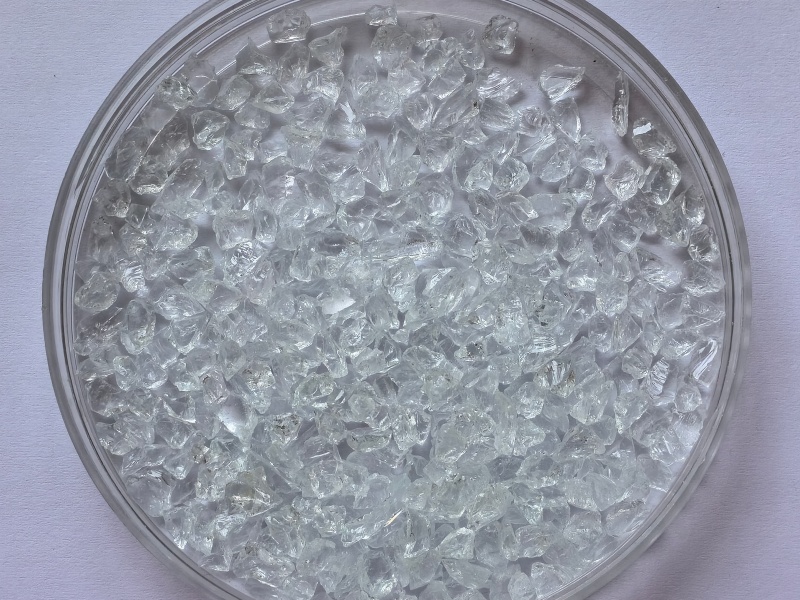Aquaculture, the practice of breeding and harvesting fish and other aquatic organisms, plays a vital role in meeting global food demands. As the industry grows, maintaining water quality becomes increasingly important for the health and productivity of aquatic life. One innovative solution gaining popularity in aquaculture is crushed glass filtration. In this blog, we will explore how crushed glass filtration is transforming aquaculture practices and ensuring sustainable production.
Crushed glass filtration involves the use of recycled glass media to filter water in aquaculture systems. The glass is processed into small, uniform particles that provide an effective medium for trapping contaminants and maintaining optimal water quality. This method stands out for its environmental benefits and efficiency, making it an ideal choice for aquaculture operations.

Superior Filtration Efficiency: The angular shape and high surface area of crushed glass particles enable them to capture suspended solids, organic matter, and pathogens more effectively than traditional filtration media. This helps maintain cleaner water, which is essential for fish health.
Chemical Stability: Crushed glass is chemically inert, meaning it won’t leach harmful substances into the water. This stability is crucial for preventing additional stress on aquatic organisms and ensuring a safe environment for growth.
Eco-Friendly: Utilizing recycled glass for filtration reduces waste and supports sustainability efforts. By repurposing glass, aquaculture operations can minimize their environmental impact and promote a circular economy.
Lightweight and Easy to Handle: Compared to traditional filtration materials like sand and gravel, crushed glass is lighter and easier to manage. This can lead to lower transportation costs and simplified installation and maintenance processes.
Versatile Applications: Crushed glass can be used in various aquaculture systems, including recirculating aquaculture systems (RAS), pond management, and hatcheries, making it a versatile solution for different operational needs.
Recirculating Aquaculture Systems (RAS): Crushed glass filtration plays a critical role in RAS, where water is continuously reused. The efficient filtration helps maintain water quality and reduce the frequency of water changes, conserving resources.
Hatcheries: In hatchery settings, maintaining optimal water conditions is essential for the successful rearing of larvae and fry. Crushed glass filtration can ensure a clean and healthy environment, promoting higher survival rates.
Pond Management: For aquaculture operations utilizing earthen ponds, crushed glass can be integrated into filtration systems to enhance water clarity and quality, supporting overall fish health and growth.
As aquaculture continues to expand, the importance of sustainable and effective water management practices cannot be overstated. Crushed glass filtration offers a promising solution that enhances water quality while supporting environmental sustainability. By incorporating recycled glass media into aquaculture systems, operators can improve filtration efficiency, reduce waste, and foster healthier aquatic environments.
Embracing innovative solutions like crushed glass filtration is essential for the future of aquaculture, helping to ensure that this vital industry can meet the growing demand for seafood in an environmentally responsible manner. As we move forward, prioritizing sustainable practices will be crucial for the health of our oceans and the prosperity of aquaculture.